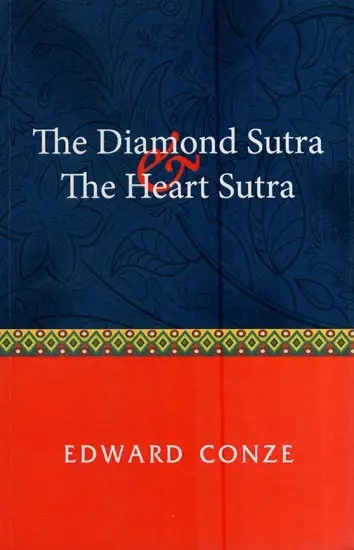
| Item Code: | UAQ212 |
| Author: | Edward Conze |
| Publisher: | Dev Publishers And Distributors |
| Language: | English |
| Edition: | 2017 |
| ISBN: | 9789381406571 |
| Pages: | 139 |
| Cover: | PAPERBACK |
| Other Details | 8.50 X 5.50 inch |
| Weight | 170 gm |
The Diamond Sutra and The Heart Sutra are texts belonging to the Prajnaparamita category of Mahayana Buddhism, which translates to 'Perfection of Wisdom'.
The Prajnaparamita literature consists of thirty-eight different books, composed in India between 100 B.C. and A.D. 600. The judgement of thirty generations of Buddhists in China, Japan, Tibet and Mongolia has singled out two of these as the holiest of the holy - the Diamond Sutra and the Heart Sutra, both perhaps of about the fourth century of our era. The first is known in Sanskrit as Vajracchedika Prajnaparamita, the 'Perfection of Wisdom which cuts like a thunderbolt'. The second sets out to formulate the very 'heart', 'core' or 'essence' of perfect wisdom, and is as diligently studied in the Zen monasteries of Japan as in the lamaseries of Tibet.
This English translation has rare insights into this ancient text.
There was a time when wisdom was prized more highly than almost anything else, and it was no mean compliment all the Greeks. Nowadays most people will agree with Bertrand Russell 'that, although our age far surpasses all previous ages in knowledge, there has been no correlative increase in wisdom. At times it may even appear as though the rapid growth of scientific knowledge has been bought at the expense of much of the wisdom which our less well-instructed forefathers could draw upon. If literary documents are anything to go by, past ages had a better record than our own, and we have nothing to show that could rival the ancient wisdom literature of Greece and India.
In fact, those who want to learn about wisdom, must of necessity draw on the tradition of the fairly remote past. For centuries almost everyone has been silent on the subject. Philosophers, of whom some 'love of wisdom' might be expected, have increasingly turned to the critical examination of knowledge, and are largely engaged in active disparagement of all that once passed for 'wisdom' Nor has the effect of scientific and technical progress been any more propitious. What, indeed, could be more 'unscientific' than the pursuit of wisdom-with its concern for the meaning of life, with its search for ends, purposes and values worthy of being pursued, with its desire to penetrate beyond the appearance of things to their true reality? In a world occupied with the manipulation of sense data the contemplation of suprasensory essences seems an almost grotesque undertaking. Contemporary religious movements are equally unhelpful. Intent on extreme simplification, they take pride in discarding the intellectual content of religion. Whether we look to Billy Graham and Moral Rearmament, or, farther East, to Krishnamurti and the Shin-shu of Japan, the demands made on our intellect and comprehension are reduced to a minimum.
**Contents and Sample Pages**
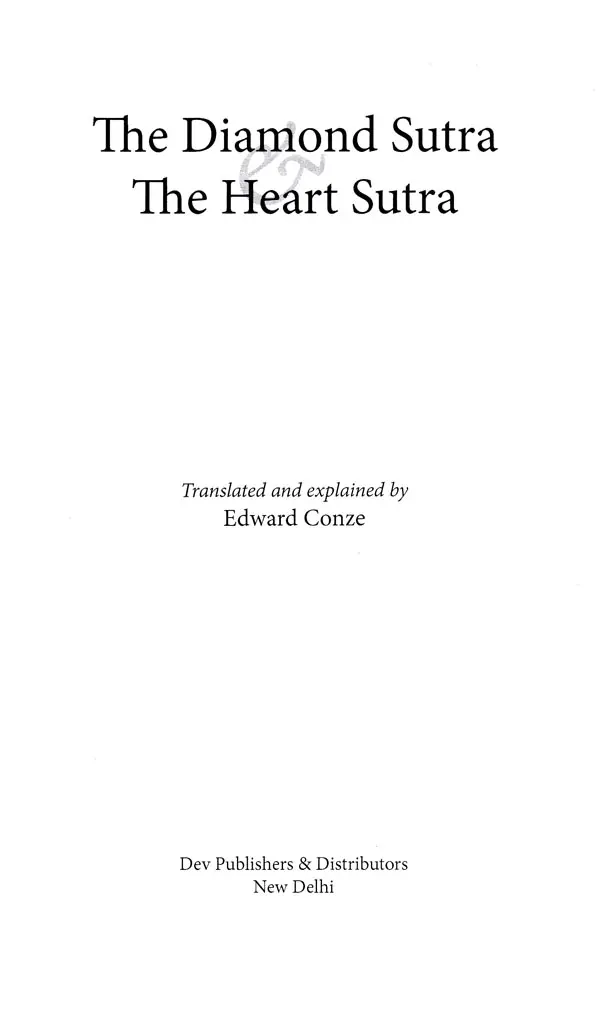

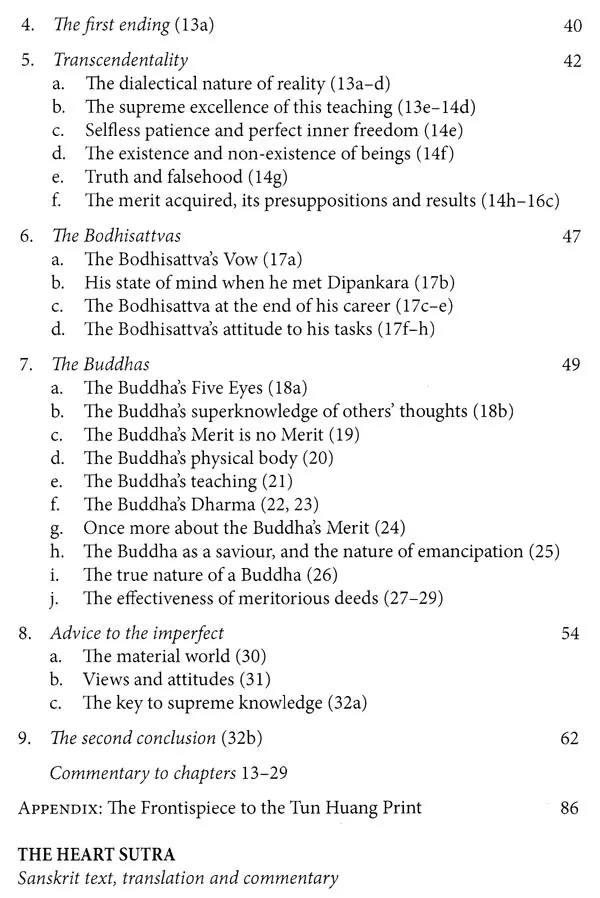
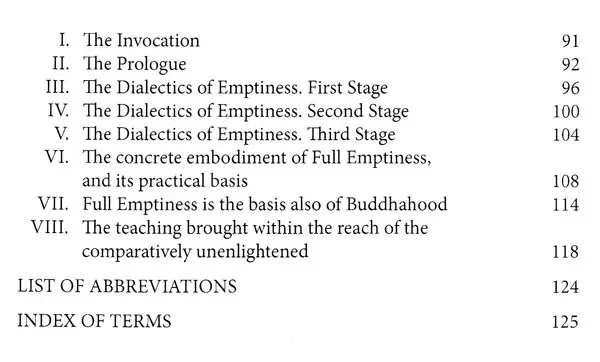
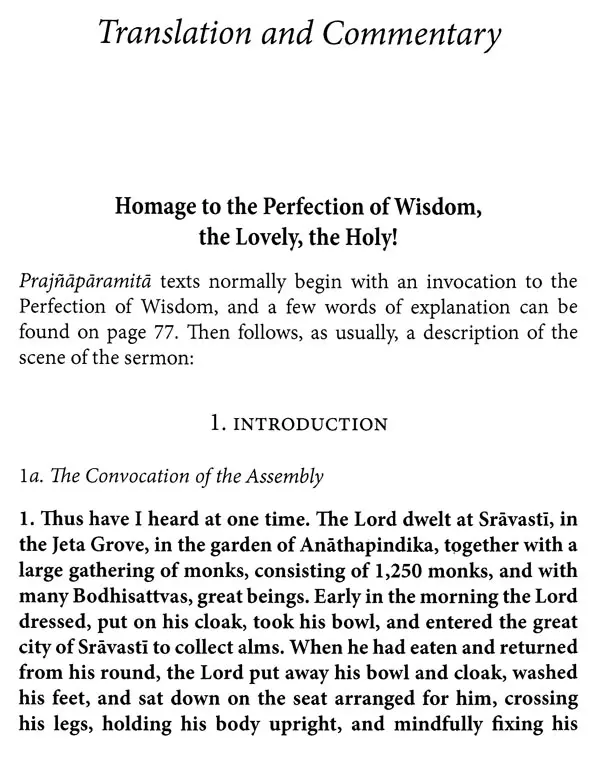
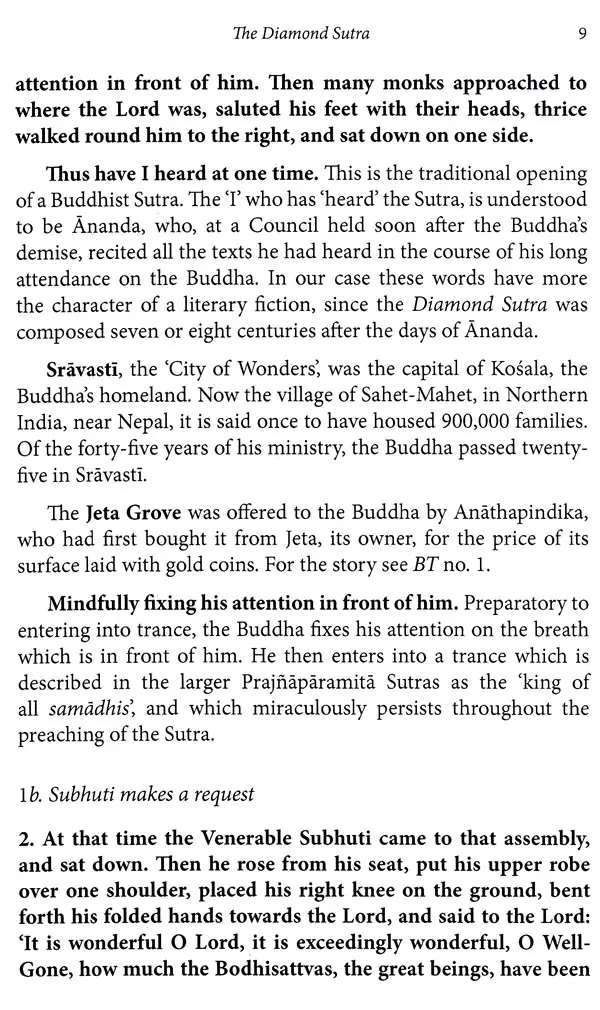
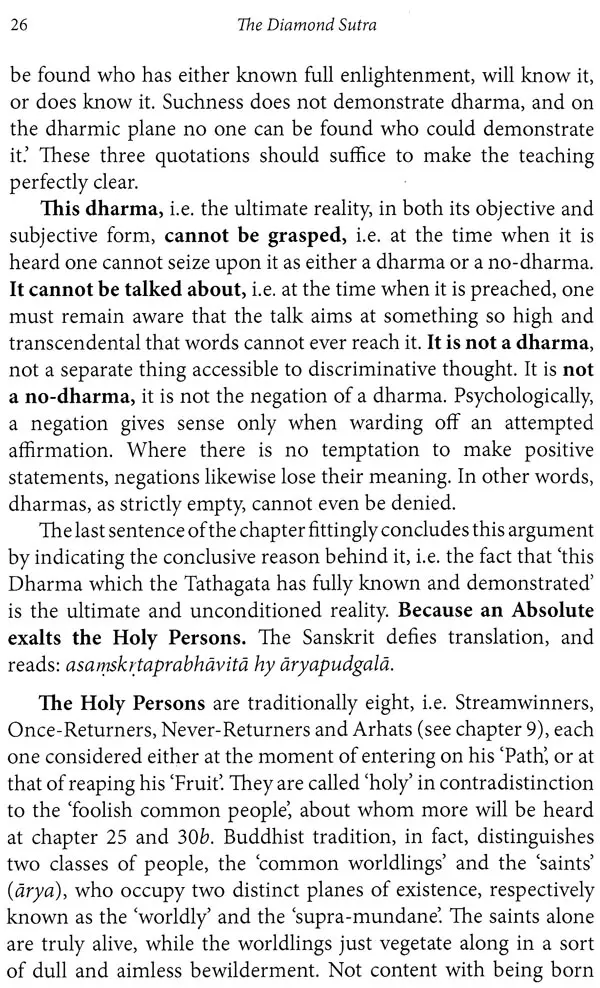
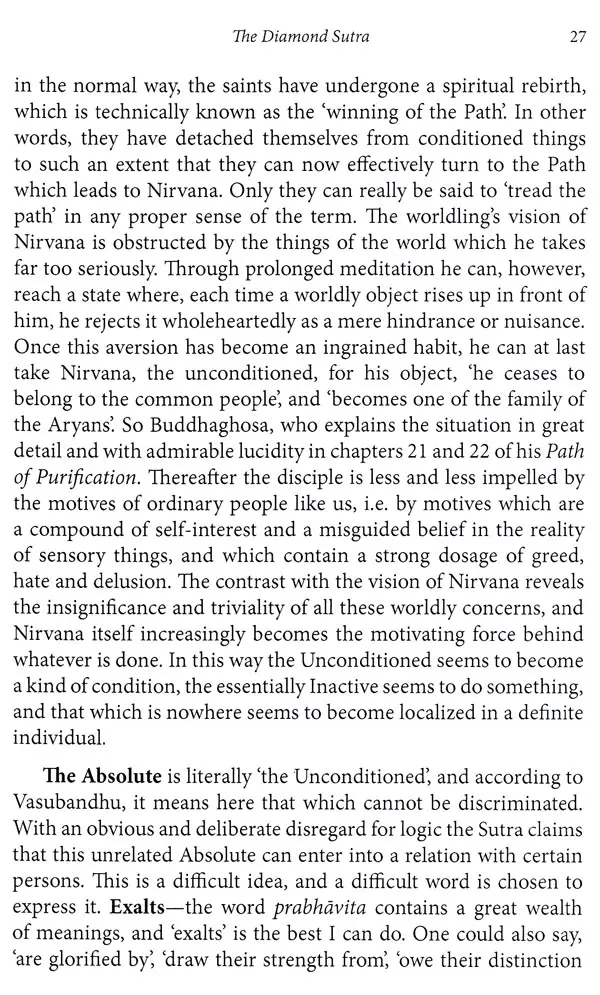
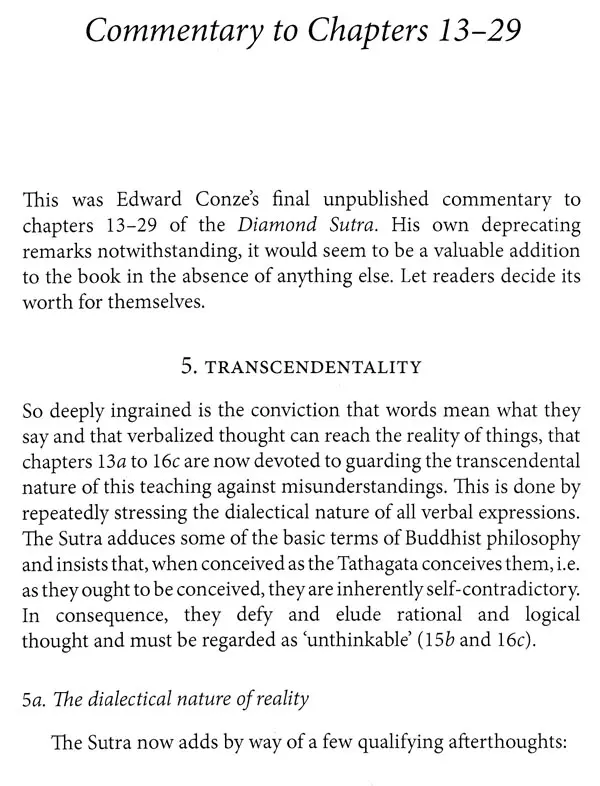
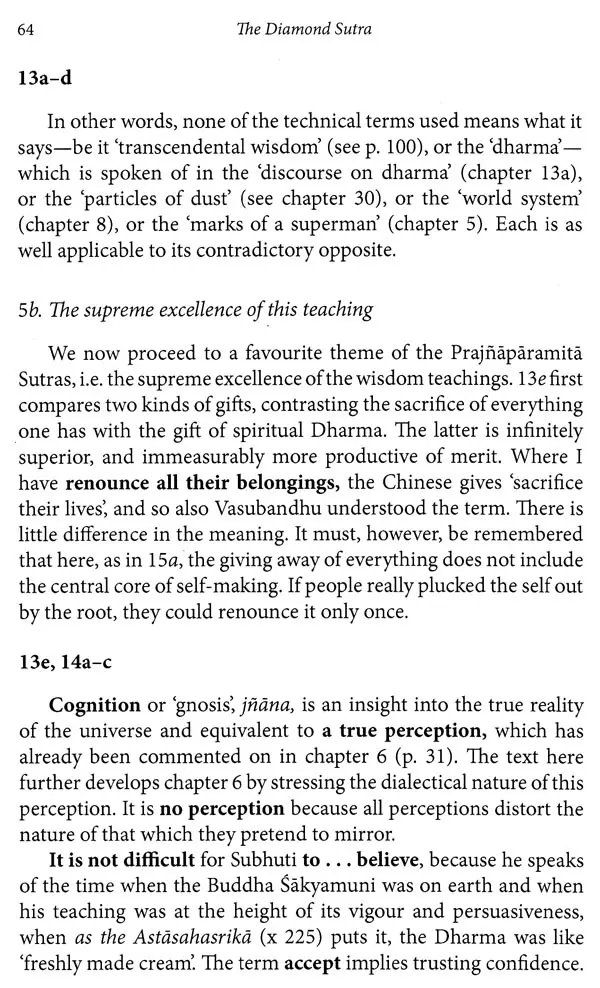
Send as free online greeting card
